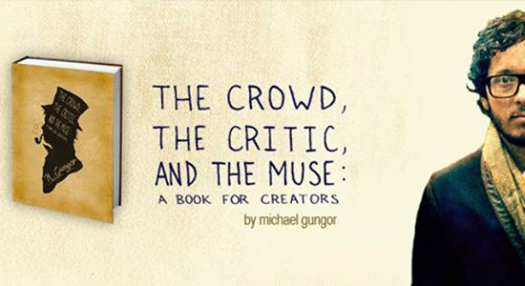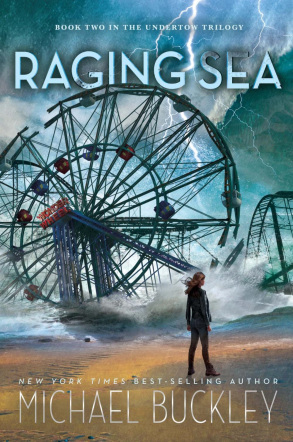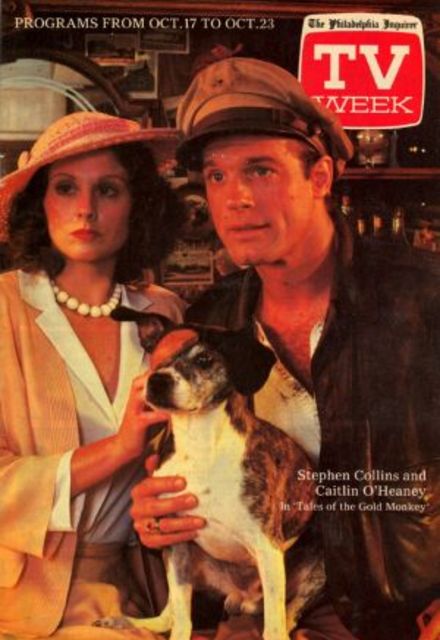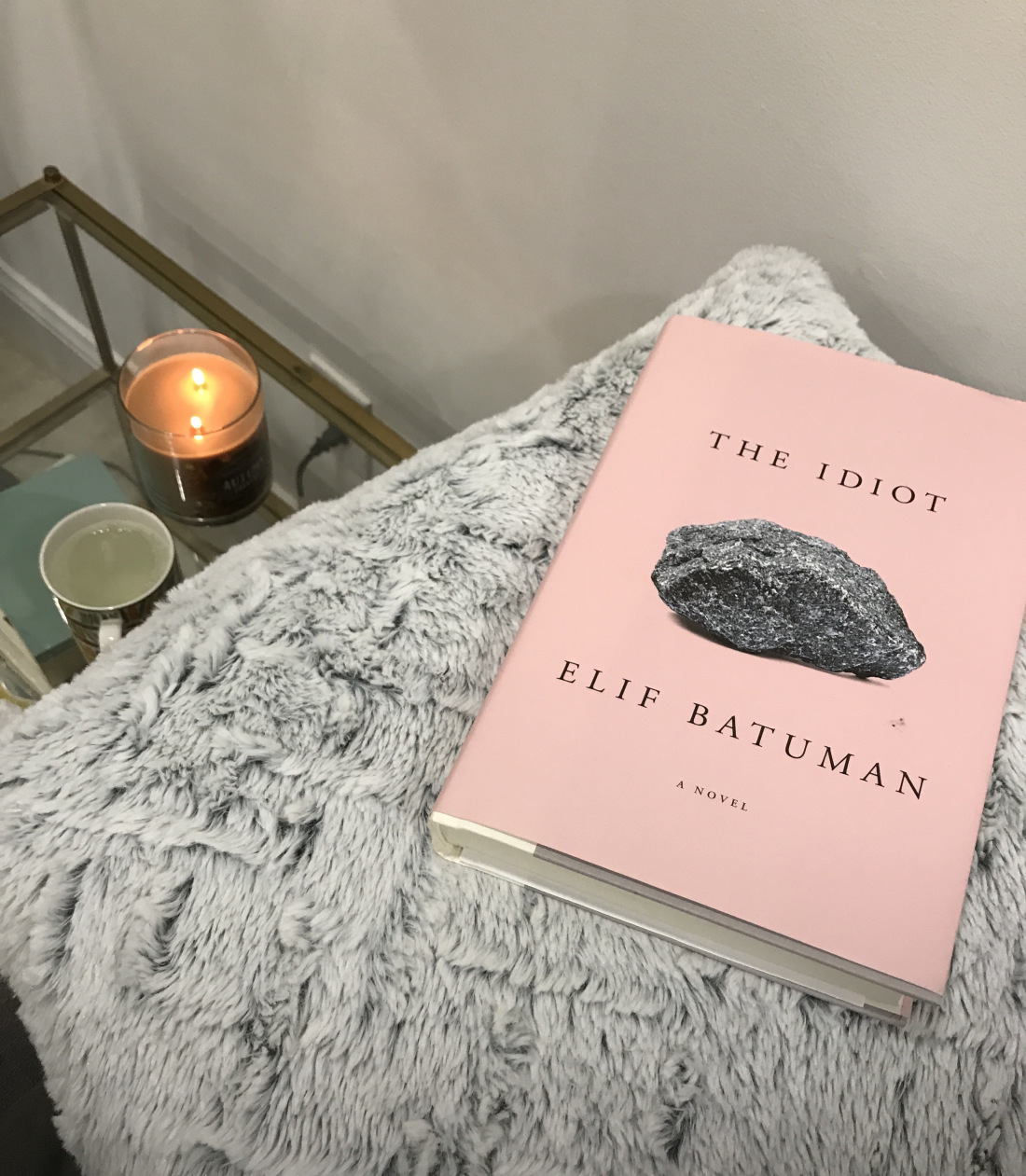
I did some superficial research to see what other people had to say about this book before I read it and started writing. And I’ll be honest, I couldn’t find much on it outside of Amazon comments and Goodreads. Pete really encouraged me to read it, as did some other creatives in my life who I am privileged to call friends. I really didn’t know what I was in for.
Disclaimer: I didn’t read the book with my eyes. What I mean is, I listened to it on Audible, and so I will be throwing aspects of that into this review and be recommending that you listen to it rather than read it with much shameless bias because it was a FANTASTIC experience (there is intentional capitalisation there – I need you to understand how epic this was).
The Crowd, The Critic and the Muse, a book for creators – by Michael Gungor.
A Review
Earlier this month, Pete wrote about his encounter with the Gungors and some lessons he learnt from them. If you have not read it yet, check it out here and then come back to this.
This book, for all intents and purposes, is written directly to the heart of the creative. And in a similar vain to the The Artisan Soul, it presupposes that we are all creators. In fact Gungor says “Whether or not we create is not up to us. As humans, it’s in our nature. Every step, word and breath is an act of creation.” What we create, that is left up to us. We can choose to create good or evil, life or death, but we are always creating.
So with that in mind, let’s take a look at the different aspects named in the title.
Personally I felt that this book was not just a guide to building creativity more intentionally into your life – though it does a great job of that – it was also about helping us to understand that our artistry is a gift from God and completed in His Grace and that should inspire and motivate us to be the best versions of our artistic selves.
The Crowd.
I could literally quote a third of the book to you now. Honestly, as I write this, I don’t know where to begin. My perspective has been severely shifted by Gungor’s writing here. Just read this:
It is the crowd who gives the artist her language, her tools, her mode of expression. The crowd can teach the artist to speak more effectively with her work. Without culture, the artist has no language and no one to speak to. But the voice of the crowd will never lead the creator to step outside of the crowds expectations. The crowd will always demand the expected, the controllable. This is why the crowd should not be the primary voice that the creator listens to.
Gungor says that culture determines our context for creativity, and for life. It gives us the rules to live by and if we didn’t have them we wouldn’t function as society. Artists are, by nature, determined to bend those rules – to push the boundaries so that we can see what else is out there. The challenge here is to ask yourself, how much are you letting the voice of the crowd drown out your individual personality?
The Critic.
What is art anyway? This question is answered differently all over the world, in all generations, in all eras. It’s never really been measurable. It’s never been stagnant. It’s never been specific. It’s been real. It’s the external reflection of the soul of a person. ‘It is the ordering of the potential that already exists in creation.’ You CANNOT let the critic determine the significance of your art. You need to be strong. You need to be bold. Create anyway.
The Muse.
Gungor speaks about how society has looked for an appropriate name for the spirit of creativity. The ancient Greeks looked to the Muses, the Romans to the Genius. As Christians we look to God as our source of creativity – the ultimate creator. Gungor supposes that whatever your belief system, we all recognise there is an outside-of-ourselves-influence to our art. This is where we ask the ‘what drives us?’ question. What inspires you? We must remember that our context influences our creativity. Our inspiration often comes from our past, our belief system and more often than not, our reaction to these things. Gungor says that ‘creativity is a gift that arises from a deeper place than conscious thought’. What do you allow to influence you? What should not be on that list?
I fell in love with this book, not only because I felt like Gungor was speaking directly to my soul, but also because I felt like through the delicate weaving of his words, the author was challenging everything I base my creativity on. Not so that he could take away from it’s value, but to push me to be at a point where I would move from being a creative to being a creator. As he concludes his melodic prose, Gungor says that the artist needs to come to a place where ‘she moves beyond the philosophy and mysticalness of art and into the craft of it.’ I finished the final chapter with the desperate desire to pour my heart and soul onto the page. To throw all the words that are constantly circling my mind onto paper. I want to make everything rhyme, I want to capture everything I see in a poem or a story. I want to create. I want to create life.
This book is not for the faint hearted. It’s not a place where you will find solace and comfort if you are worn out or creatively weary. But if you are worn out or creatively weary, this IS the book you should read. This book does not allow you to sit where you are. It requires you to show up. To be the artist you were created to be, in whatever form you choose. It is going to open your eyes to who you are as an artist – as much as you will let it.
The question is… are you ready?
Take a breath.
Count to three.
Go.
Amazon: https://www.amazon.co.uk/d/cka/Crowd-Critic-Muse-Book-Creators-Michael-Gungor/0988242907/ref=sr_1_1?ie=UTF8&qid=1499354616&sr=8-1&keywords=the+crowd+the+critic+and+the+muse
Audible: http://www.audible.co.uk/pd/Arts-Entertainment/The-Crowd-The-Critic-and-the-Muse-Audiobook/B00DC1MIBS/ref=a_search_c4_1_1_srTtl?qid=1499354572&sr=1-1
Advertisements Share this:- More





